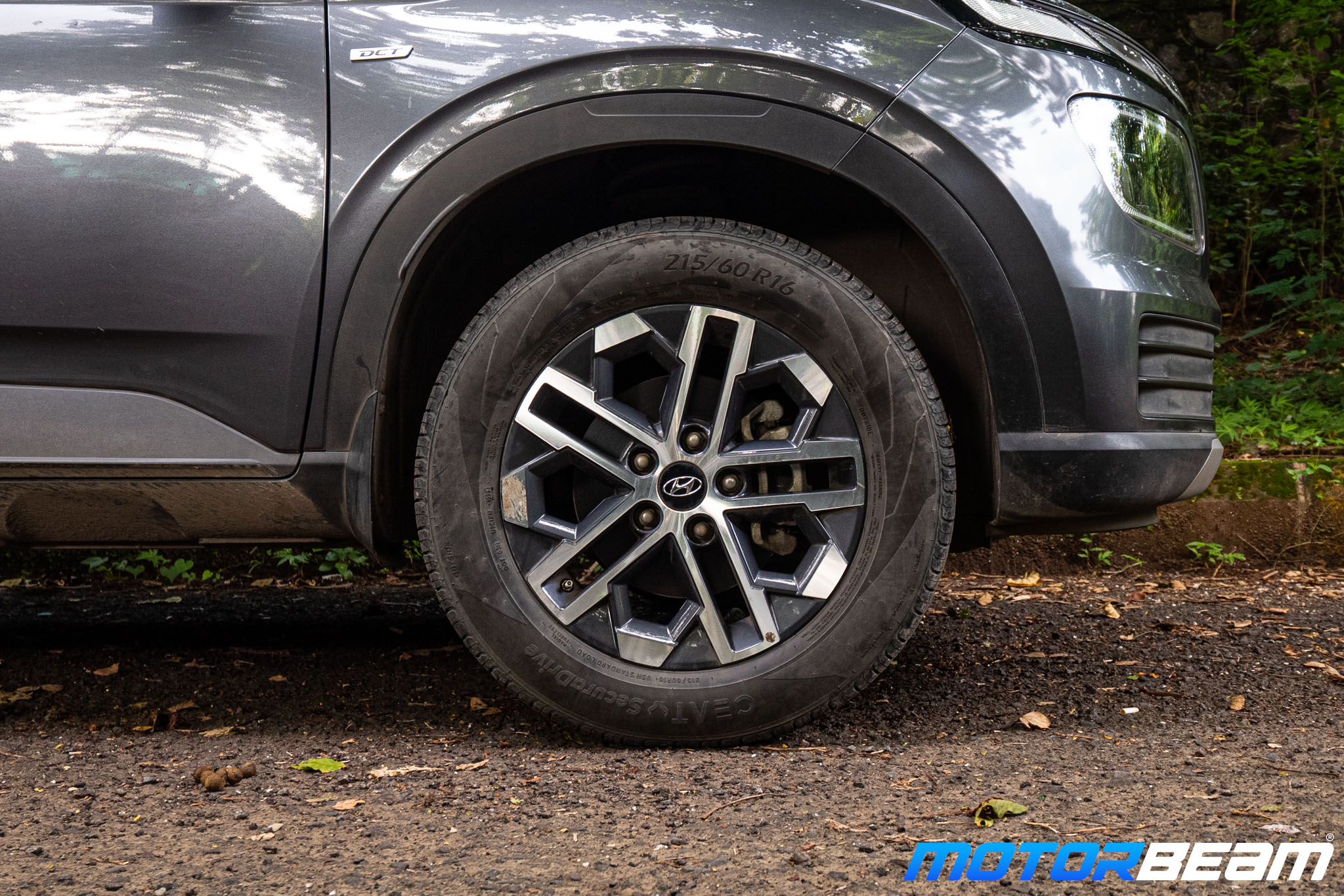
Understanding tyre maintenance and replacement guidelines
Maintaining the health of your car’s tyres is crucial for both safety and performance. In India, where diverse road conditions prevail, regular inspection and timely replacement of tyres are essential. We provide guidance on when to change your tyres and offer valuable tips on tyre maintenance to ensure a smooth and safe driving experience.
When to Change Your Tyres:
- Tread Depth: The tread depth of a tyre is a key indicator of its condition. In India, the legal minimum tread depth is 1.6 mm, but it is advisable to replace tyres before they reach this limit. A common recommendation is to replace tyres when the tread depth is around 2 mm to maintain optimal grip, especially during monsoons.
- Age of Tyres: Tyres also age, even if they have sufficient tread. In India, the harsh climatic conditions, such as high temperatures, can accelerate the aging process. As a general rule of thumb, consider replacing tyres that are six years old, regardless of their tread depth.
- Visible Signs of Wear: Inspect your tyres regularly for visible signs of wear, such as bulges, cuts or uneven wear patterns. If you notice any of these issues, it’s an indication that the tyre may be compromised and should be replaced promptly.
- Performance Issues: If you experience a decline in your vehicle’s handling, braking efficiency or notice vibrations, it could be a sign that your tyres need replacement. Don’t ignore these warning signs, as they can jeopardise your safety on the road.
Tips for Tyre Maintenance:
- Regular Inspections: Perform visual inspections of your tyres regularly. Look for any visible signs of damage or uneven wear. Catching issues early can prevent further damage and extend the life of your tyres.
- Proper Inflation: Maintain the recommended tyre pressure, as specified by the vehicle manufacturer. Incorrect tyre pressure can affect fuel efficiency, handling and overall tyre performance. Check the pressure at least once a month and before long journeys.
- Wheel Alignment and Balancing: Ensure that your vehicle’s wheels are properly aligned and balanced. Misalignment and imbalance can lead to uneven tyre wear and affect the vehicle’s handling. Regular wheel alignments and balancing can extend the life of your tyres.
- Rotation of Tyres: Rotate your tyres regularly to ensure even wear. Front and rear tyres wear differently and rotating them helps distribute the wear more evenly, prolonging the life of the tyres.
- Avoid Overloading: Respect the load-carrying capacity specified for your vehicle. Overloading can lead to increased wear and tear on the tyres, compromising their performance and safety.
- Storage Conditions: If you have spare tyres or seasonal tyres, store them in a cool, dry place away from direct sunlight. Proper storage helps prevent premature aging of the rubber.




